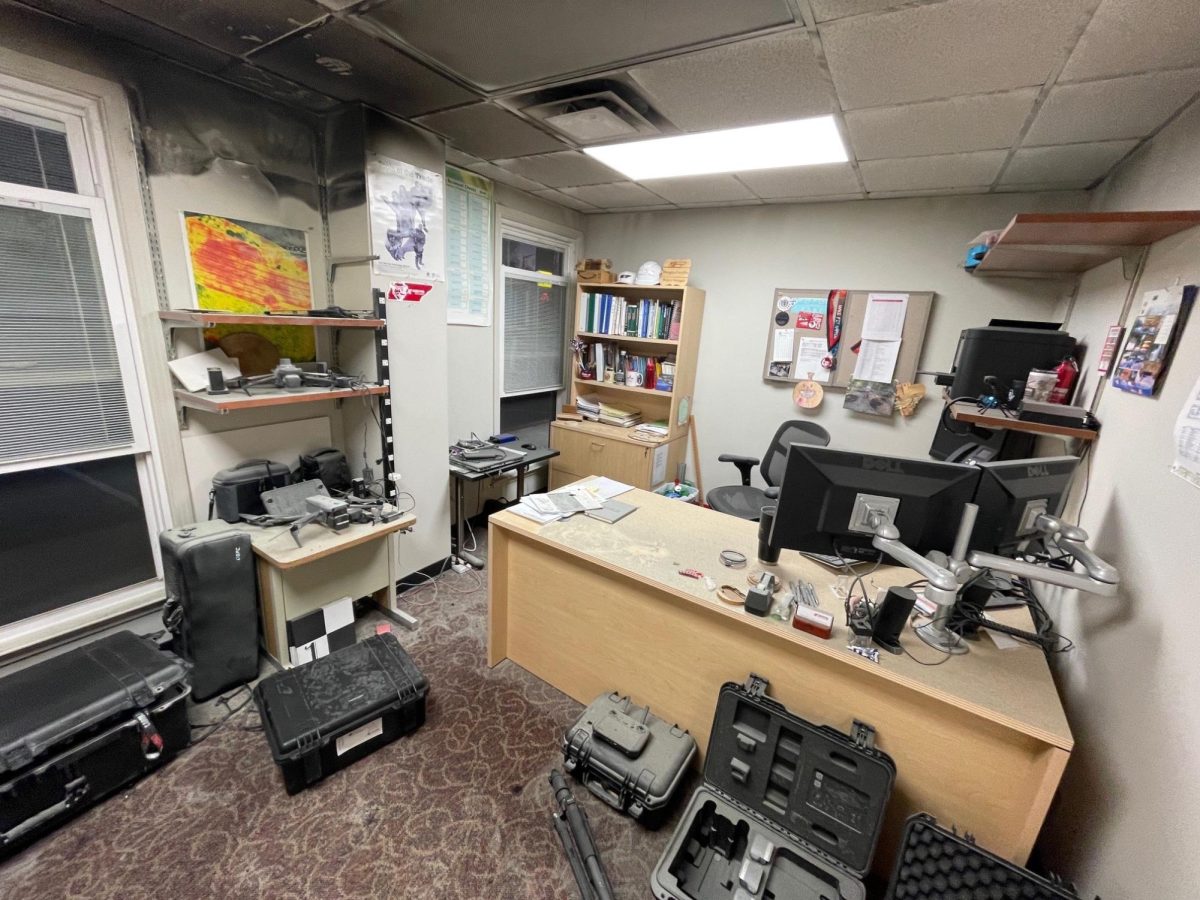Austin Peay State University hit the jackpot, but who would think its prize involved condoms?
Govs Care graduate research assistant Sean Harrah-Siple said the Advocates for Youth Condom Collective recently took APSU into their hands. Harrah-Siple signed up for the Advocate for Youth’s email list and received an invite to apply for the fall 2021 collective.
The program selected over 1,000 colleges and universities, and APSU received over 300 condoms for a new program starting around campus.
Keli Chambers, another Govs Care peer educator, sponsored the application for the university.
“Several people are working across campus to help us launch broader availability of condoms,” Harrah-Siple said. “They are currently available at the WNDAACC, being directly involved, and the health center and intermittently in housing. The new initiative will have them available in the three other cultural centers, the Foy, housing, and in some bathrooms across campus.”
The Condom Collective, a project of Trojan Brand Condoms and Advocates for Youth, is a movement that allows for condoms to be available to every student who needs them. The collective educates young people on the use of a contraceptive and ensures that everyone has the right to have them available. Students can find more information on the collective here.
“Things are happening around campus that might be a sign of a cultural change that embraces a model of a healthy human that includes healthy sex,” Siple said.
Coordinator of Student Wellness and Prevention Bridget Marley explained that the school is working diligently through a grant from Meae Wellness to have a variety of barrier methods disseminated in boxes across campus soon.
“The goal is not only to push barrier methods of all forms but also educating students on proper use for engaging in safe and healthy sex practices,” Marley said.
The geographical region typically frowns upon the public discussion of safe-sex practices. Harold Wallace, the director at the WNDAACC, hopes to promote safe activity instead of ignoring it as the campus makes a push for contraceptives.
“I think a big way to break the stigma is by being transparent and not candid,” Wallace said. “Not sweeping things under the rug that we know other people are experiencing. The goal is to not promote sexual activity but to promote safe sexual activity for those who are already experiencing it.
“We are a college campus; these students can vote and buy tobacco products and live on their own. It would be ignorant for us to believe sex isn’t happening.
“I definitely believe that making condoms easily accessible for students is a great way to promote safe and healthy sex practices. If you ever had a thought about sex, we’d rather it be safe and protected.”







